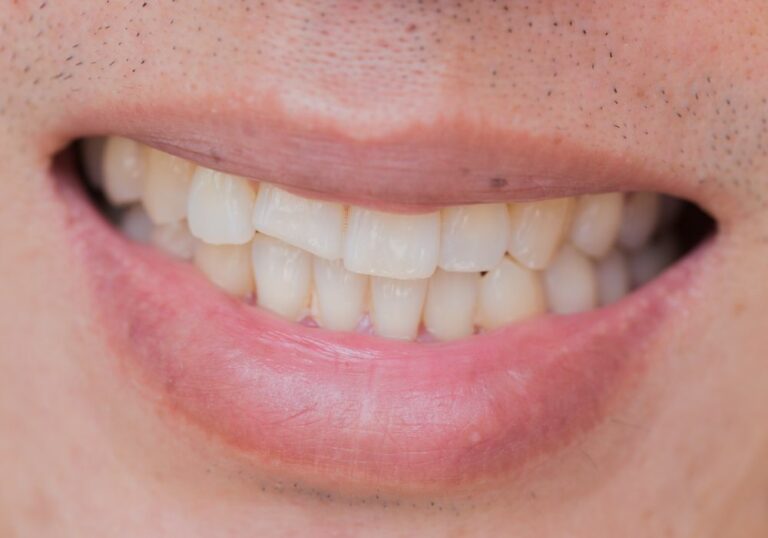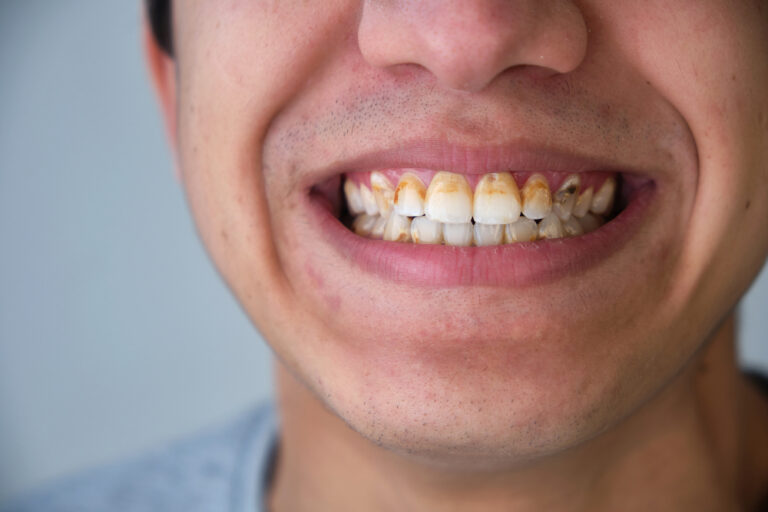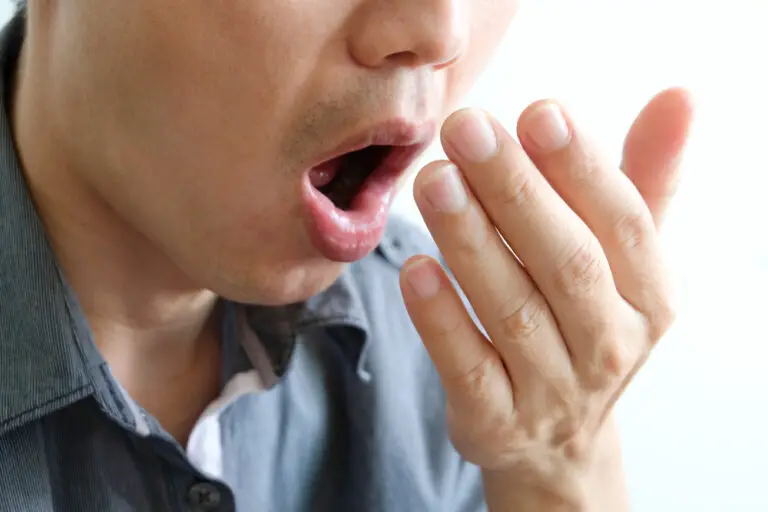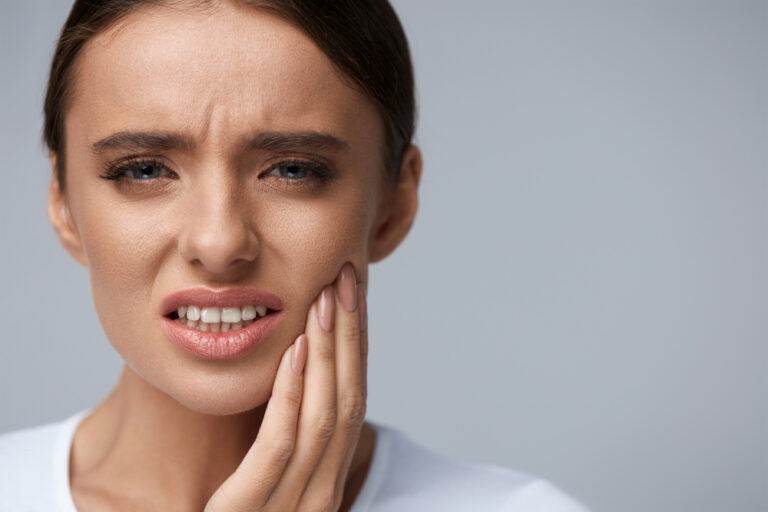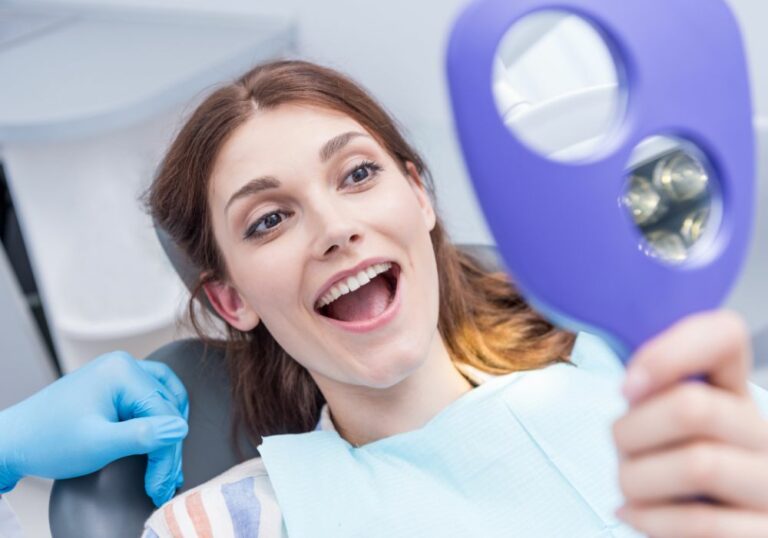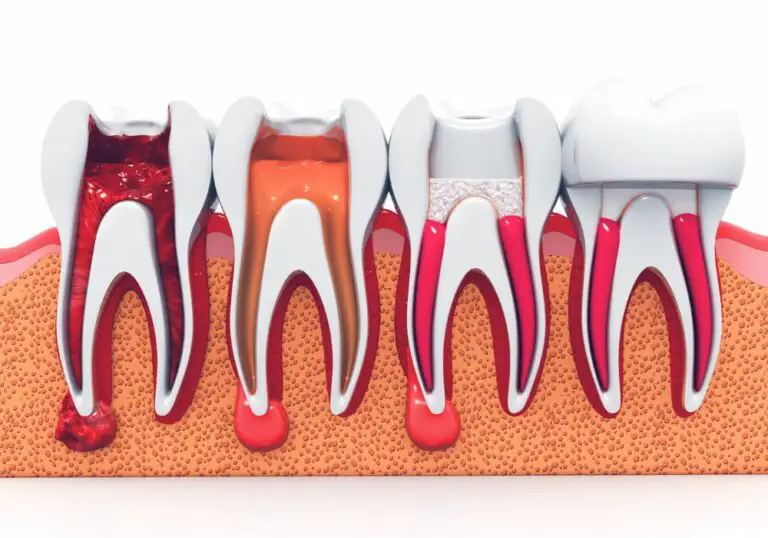The Importance of Daily Tooth Brushing
Brushing your teeth is one of the most vital daily habits for maintaining good oral hygiene and health. It helps remove plaque, a sticky film of bacteria, food debris, and saliva that builds up on your teeth throughout the day. Plaque begins forming immediately after you finish eating or drinking. It releases acids that attack tooth enamel and cause decay. Brushing thoroughly twice per day removes this harmful plaque before it leads to cavities, gum disease, and other dental problems.
Skipping your morning brushing even just once allows plaque to accumulate unimpeded for over 12 hours until your next brushing session. This extended timeframe gives plaque more opportunity to adhere to teeth, release enamel-eroding acids, and wreak havoc. Just one day of buildup also allows billions more bacteria to colonize your mouth, worsening bad breath and increasing your risk of gingivitis.
Therefore, experts overwhelmingly recommend sticking closely to brushing your teeth twice per day – upon waking and before bed. Establishing this habit is crucial for preventing plaque accumulation and maintaining good oral health. Unless you have a rare extenuating circumstance, skipping your morning brushing should be avoided at all costs.
Impacts of Skipping One Morning Brus
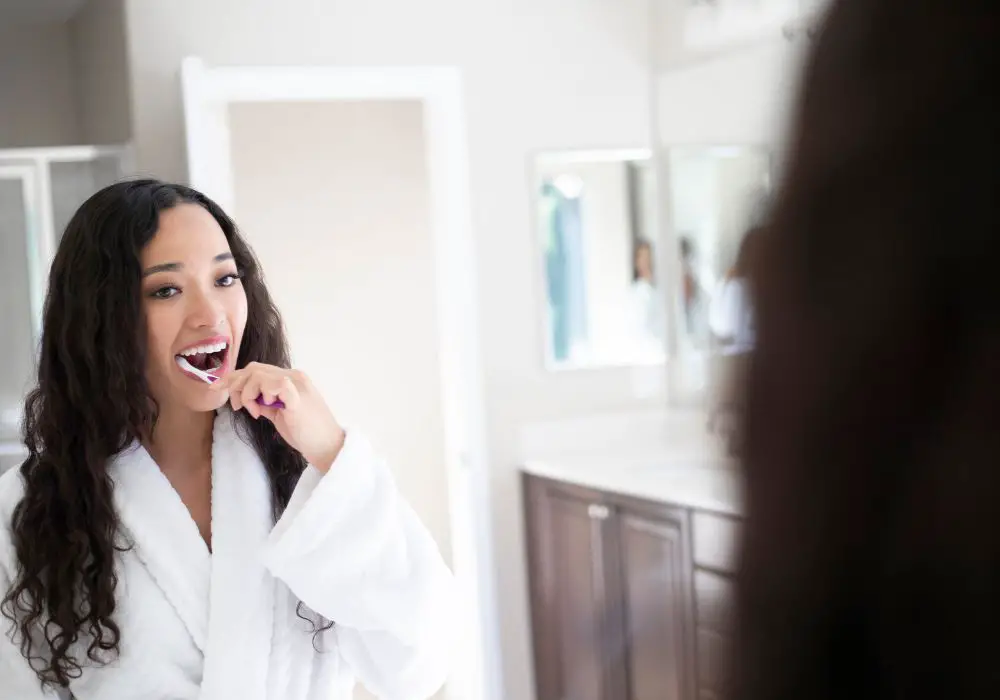
What exactly happens when you wake up, get ready for your day, but skip brushing your teeth that morning? At first glance, it may seem like no big deal. But even missing just one morning brushing session can have numerous detrimental effects on your oral health:
- Increased plaque: Without a morning brushing, the plaque built up overnight continues undisturbed. More than 12 extra hours of plaque growth allows acid production to accelerate and plaque thickness to increase.
- Higher cavity risk: The plaque acids that weaken enamel have more time to cause permanent damage when brushing is skipped. This significantly raises your risk of new cavities and tooth decay.
- Gum irritation: Plaque buildup is the top cause of gingivitis. The bacteria irritate gums and inflame tissue. Skipping brushing leaves irritants in place to potentially cause gingivitis.
- Worsened bad breath: Sulfur gases emitted by bacteria as they feast on plaque produce bad breath. Skipping brushing means more stinky sulfur compounds in your mouth.
- Disrupted routine: Missing one morning brushing can throw off your oral care habits. This ups your chances of skipping again and makes maintaining diligence more difficult.
- Decreased fluoride protection: Your morning brushing likely has a fluoride toothpaste that remineralizes enamel. Skipping it removes a layer of fluoride that could strengthen teeth.
While it may seem innocuous, just one day without brushing creates the perfect storm for increased oral bacteria, accelerated plaque damage, and higher risks of tooth decay and gum disease down the road.
Short-Term Effects of Not Brushing
If you skip more than just one morning of brushing, the detrimental impacts on your oral health rapidly compound:
After 24 Hours Without Brushing
- Visible white plaque clings to teeth
- Gums redden from irritation
- Post-meal food debris lingers between teeth
After 48 Hours Without Brushing
- Plaque begins mineralizing into tartar
- Gum irritation advances, pain possible
- Halitosis (bad breath) worsens
After 3 Days Without Brushing
- Early stage gum disease (gingivitis) likely
- Plaque mineralization quickens
- Tooth decay process accelerates
After 5 Days Without Brushing
- Gums tender, bleeding when prodded
- Thick tartar buildup at gumline
- Enamel damage intensifies, cavity progression
Clearly, skipping oral hygiene for several days allows plaque bacteria to rapidly proliferate, while gum health deteriorates. Lasting tooth decay and gum disease can set in after less than a week without brushing. This initial damage is difficult to reverse.
The Long-Term Dangers

Abandoning your oral hygiene routine for an extended period of time allows plaque bacteria to completely take over your mouth. The consequences are severe:
After 2 Weeks Without Brushing
- Painful, inflamed gums with receded tissue
- Major gum swelling between several teeth
- Multiple new areas of tooth decay likely
After 1 Month Without Brushing
- Severe gum disease with irreversible tissue damage
- Pockets of infection buried deep around teeth
- Rapid formation of new tooth cavities
After 2-3 Months Without Brushing
- Tooth loss or need for extraction likely
- Dangerous bacteria enter the bloodstream
- Bone loss around teeth manifests
After 6+ Months Without Brushing
- Serious systemic illness becomes possible
- Most teeth rotted, destroyed, or removed
- Jawbone degeneration underway
- Infections and tooth loss require dentures
As time passes, the havoc of uncontrolled bacteria destroys teeth and eradicates gums. Gum disease advances to irreversible stages. Without brushing, total tooth and bone loss are inevitable.
When It Might Be Okay to Skip One Brushing
While it’s clearly in your best interest to maintain consistent, twice-daily brushing, there are a handful of reasons why skipping an occasional morning brushing may be unavoidable:
- You’re recovering from minor oral surgery like a tooth extraction or implant. Following post-op directions to allow healing before brushing is important.
- You have active oral herpes or another contagious mouth infection. Holding off until it clears protects others from your germs.
- You’re traveling internationally and your toothbrush gets lost or stolen en route. Making do until you can get a replacement is understandable.
- You’re hospitalized or incapacitated with a severe flu. Focusing your energy on rest and recovery in this instance is advisable.
- You’re in a remote area without access to clean water. Wiping your teeth carefully with a clean cloth is likely the best temporary solution.
Outside of select medical or travel circumstances, though, skipping your morning brushing should be seen as an unacceptable compromise of your oral health.
Tips to Never Skip Morning Brushings
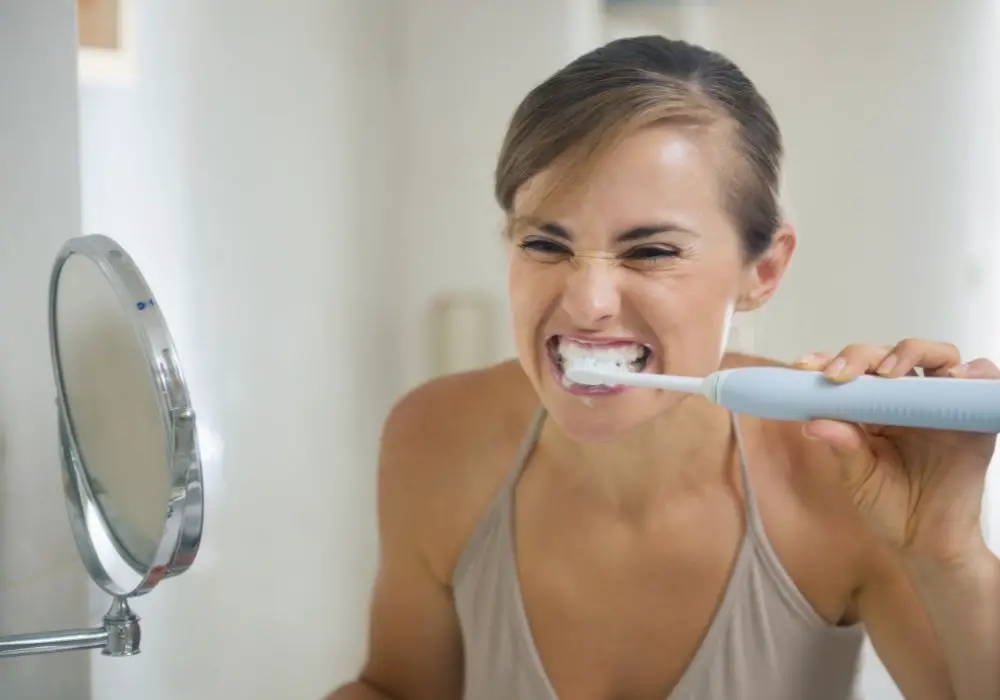
Because skipping any oral hygiene can rapidly escalate into tooth decay and gum disease, here are tips to help you maintain diligent morning brushing:
- Invest in an electric toothbrush with built-in timer for thorough 2-minute brushings.
- Buy several toothbrushes to keep spares readily available by the bathroom sink, in your desk drawer at work, or in your purse or gym bag.
- Set a daily morning phone reminder to prompt you to brush first thing.
- Schedule a mid-day teeth cleansing at work to get in 2 quick brushings per day.
- Bring a small toothbrush and toothpaste to work so you can brush after lunch.
- Pack portable brushes, toothpaste, and floss when traveling so you’re never without them.
- Leave motivational notes on your bathroom mirror to remind you of the importance of diligent brushing each morning.
- Take kids shopping for their favorite flavor toothpastes so they look forward to the brushing experience.
- Make morning brushing a family event where everyone brushes together before breakfast.
- Reward children with stickers on a calendar tracking their daily brushes.
Committing to vigilant oral hygiene takes dedication. But forming the habit of brushing each morning without fail will benefit your dental health for a lifetime. Don’t give plaque a foothold by skipping brushings.
In Summary
While it may seem innocuous to skip brushing your teeth just one morning, doing so allows plaque bacteria to accumulate unchecked and greatly escalates your risk for tooth decay, gum disease, and bad breath. Unless you have a medical situation that makes brushing temporarily challenging, sticking closely to your twice-daily tooth brushing routine is crucial. Establishing diligent lifelong oral hygiene habits will help you maintain your beautiful smile for decades to come. Don’t give plaque an opening – brush and floss thoroughly each morning and evening!

